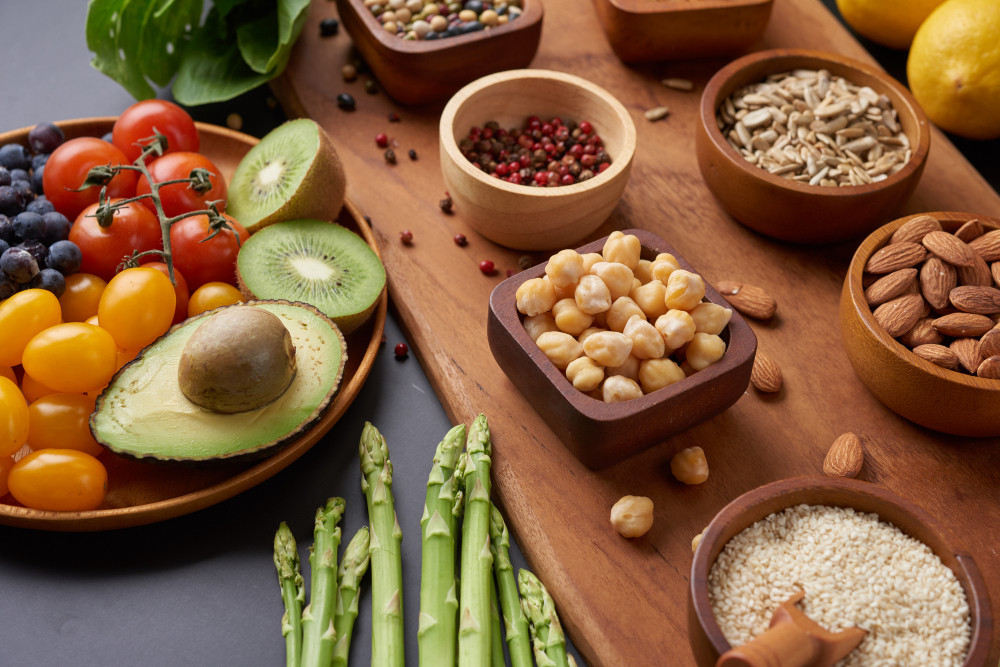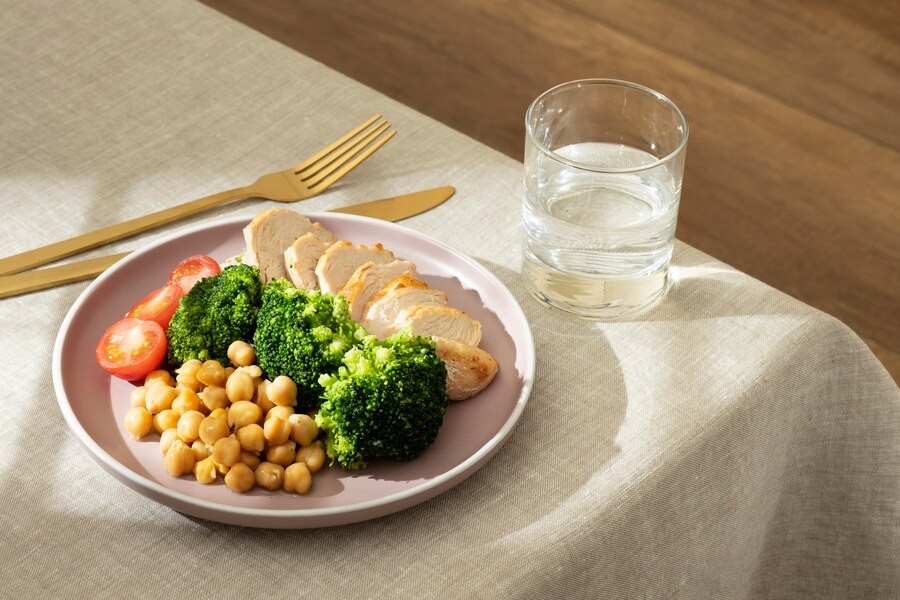Eating high-fiber foods is usually recommended for smooth digestion. However, for some people with certain medical conditions, a low-fiber diet is recommended instead. What is a low-fiber diet, and how do you follow it? Read on to find out.
What is a low-fiber diet?
Fiber is a plant-based substance that does not get digested as it moves through the small intestine. There are two types of fiber: soluble fiber, which slows digestion and supports nutrient absorption, and insoluble fiber, which helps move waste through the digestive tract and prevents constipation.
While a daily intake of fiber is recommended for digestive health, some medical conditions necessitate a low-fiber diet. A low-fiber diet involves consuming a limited amount of fiber to give the digestive system a break. Typically, this diet restricts fiber intake to no more than 10–15 grams per day.
The benefits of a low-fiber diet include:
- Reduces undigested food moving through the intestines
- Eases the digestive system’s workload
- Decreases stool production
- Relieves abdominal pain, diarrhea, and other symptoms
Doctors may recommend a low-fiber diet for conditions such as:
- Diarrhea
- Abdominal cramps
- Irritable bowel syndrome (IBS)
- Diverticulitis
- Crohn's disease (inflammation of the digestive tract)
- Ulcerative colitis (inflammation of the colon and rectum)
- Recent bowel surgery, such as ileostomy or colostomy
How to follow a low-fiber diet
Limit your fiber intake to about 10 grams per day to maintain a low-fiber diet. Because fiber is found in vegetables, fruits, carbohydrates, and proteins, make wise food choices, keep portion sizes in check, and avoid high-fiber foods.
Here are some examples of foods you can eat on a low-fiber diet:
Carbohydrates:
-
Allowed:
- White bread
- Pasta
- White rice
- Low-fiber cereals
-
Avoid:
- Whole-grain bread
- Whole-grain pasta
- Whole-grain cereals
- Flaxseed
- Brown rice
Vegetables:
-
Allowed:
- Carrots
- Beets
- Chayote
- Vegetables without skins, seeds, or stems
- Vegetable juice
-
Avoid:
- Cruciferous vegetables (e.g., broccoli, cauliflower, Brussels sprouts, and cabbage)
- Kale
- Bell peppers
- Onions
- Garlic
Fruits:
-
Allowed:
- Fruit juice without pulp
- Melon
- Watermelon
- Bananas
- Peeled apples
- Avocado
-
Avoid:
- Plums
- Oranges
- Grapefruit
- Tomatoes
Proteins and Fats:
-
Allowed:
- Eggs
- Tofu
- Chicken
- Fish
- Smooth peanut butter
-
Avoid:
- Nuts
- Legumes
- Seeds
You may experience constipation if you follow a low-fiber diet. To prevent this, keep your diet fluid-rich. Examples of low-fiber diet meals are:
Breakfast:
- Cornflakes with milk
- Toast with peanut butter
- Fruit juice
- Coffee
Lunch:
- Rice with chicken breast
- Bread with tuna and mayonnaise
Dinner:
- Grilled fish
- Mashed potatoes with steamed carrots
- Milk
A low-fiber diet is generally recommended for a short period of time until your digestive system improves. Once you start to recover, you can gradually reintroduce fiber according to your doctor’s advice.
If you have questions about nutrition, consult your doctor or a nutritionist. You can also make use of the consultation features that are available in the Ai Care application by downloading the Ai Care application from the App Store or Play Store.
Looking for more information about nutrition, food, and other diet tips? Click here!
- dr Nadia Opmalina
Mayo Clinic. Low-fiber diet do's and don'ts. Available from: https://www.mayoclinic.org/healthy-lifestyle/nutrition-and-healthy-eating/in-depth/low-fiber-diet/art-20048511
Whelan, C. (2023). How to Eat (and Recover from) a Low Fiber Diet. Available from: https://www.healthline.com/health/low-fiber-diet
Lewin,J. What to eat and avoid on a low-fiber diet. Available from: (2024). https://www.medicalnewstoday.com/articles/321548
Mount Sinai. Low-fiber diet. Available from: https://www.mountsinai.org/health-library/selfcare-instructions/low-fiber-diet












